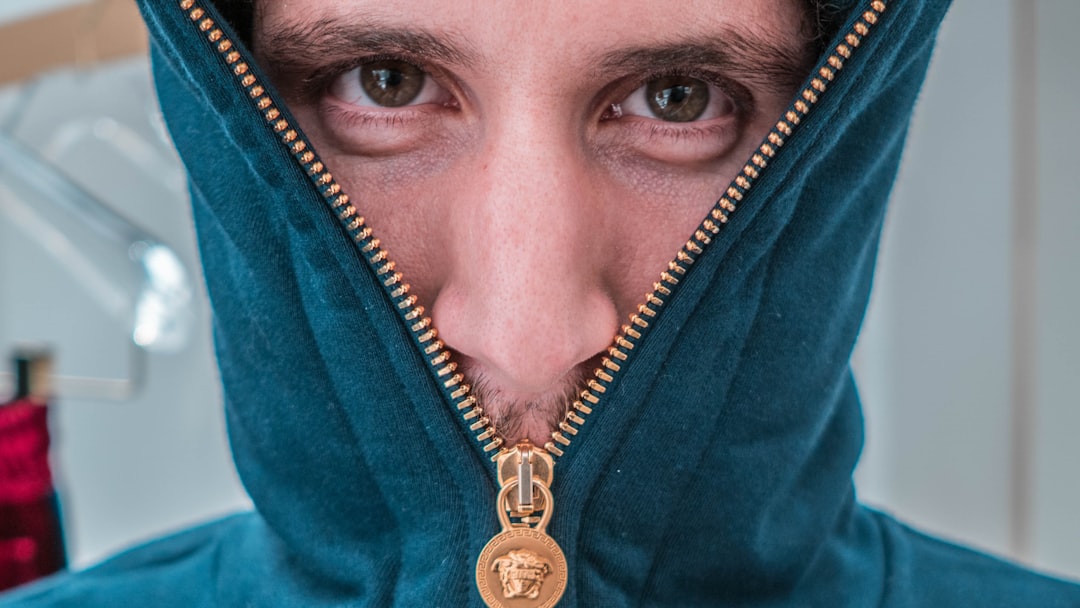What is it about?
Tweens in this study reported their beliefs about how fair and equal U.S. society is and made decisions about which peers their age should get access to an important opportunity. Tweens who thought that society was unfair and tweens who thought that society should be more economically equal directed more opportunities to poor peers than to rich peers.
Featured Image

Photo by Tingey Injury Law Firm on Unsplash
Why is it important?
Tweens play important roles in their families, schools, and communities. Their beliefs about how society should work matter, and can motivate tweens to be more equitable about decisions that they make in everyday life.
Read the Original
This page is a summary of: Distributive justice in society and among peers: 8- to 14-year-olds’ views on economic stratification inform their decisions about access to opportunities., Developmental Psychology, June 2021, American Psychological Association (APA),
DOI: 10.1037/dev0001188.
You can read the full text:
Resources
Contributors
The following have contributed to this page










